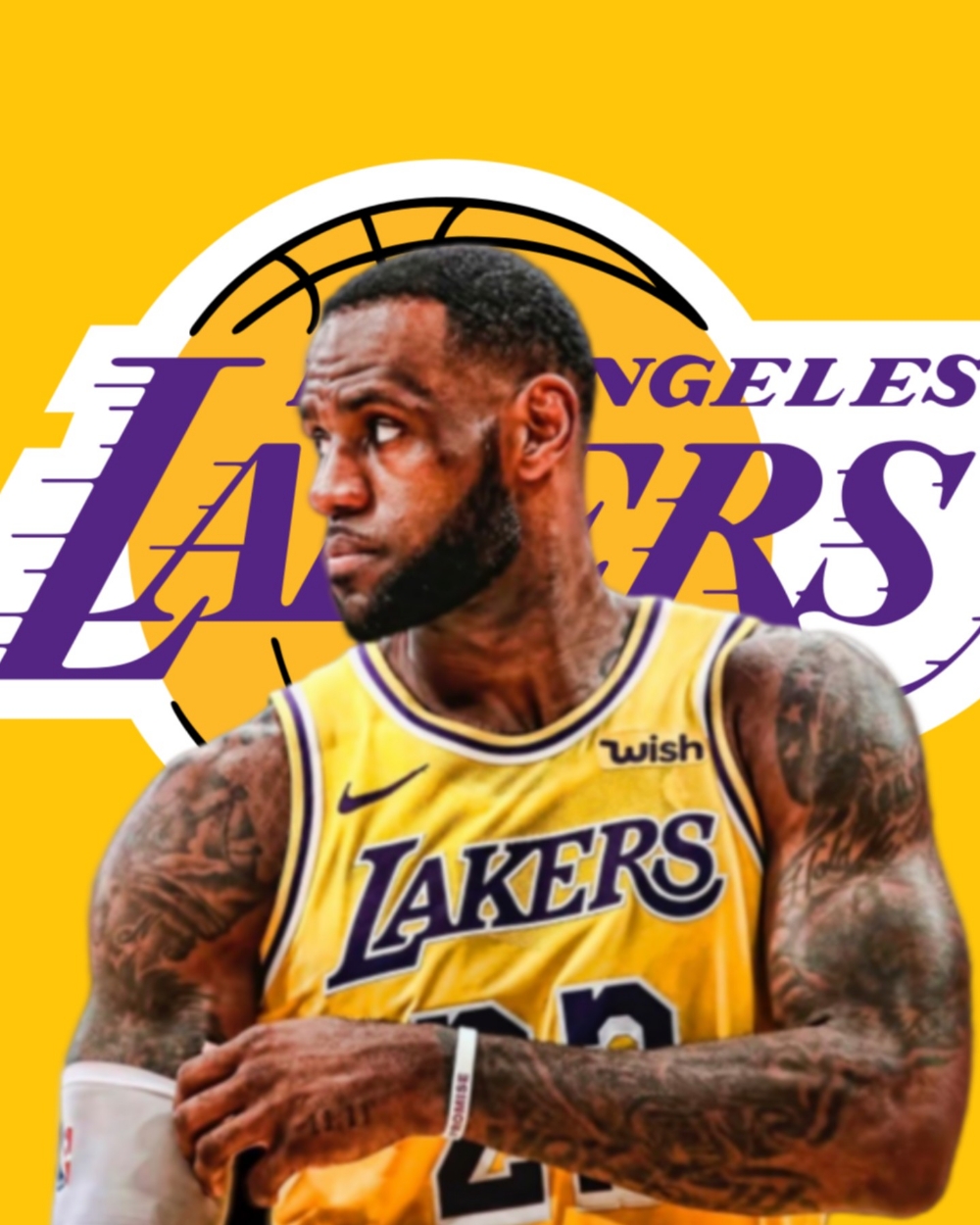Sports Laws | Small Claims Court | Society
Introduction: When Retirement Teases Go Too Far
What started as a tongue-in-cheek nod to one of the most infamous moments in NBA history has now landed LeBron James in the middle of a bizarre legal battle. A lifelong Lakers fan is suing the basketball icon over his viral video which is a parody that dramatically hinted at James retiring or leaving the team, only to reveal moments later that he was staying put.
The fan claims the video caused emotional distress, financial loss, and exploited fans’ deep emotional connection to LeBron’s career. At the center of the lawsuit is a provocative question: Can faking a retirement announcement even as a joke be grounds for legal liability?
As athlete-produced content becomes more theatrical and personal branding blurs with storytelling, this case could test the limits of free expression, satire, and fan expectation in the age of viral sports media.
Lawsuit Background
At the heart of the lawsuit is a claim of emotional manipulation that LeBron James, through the satirical “Second Decision” video, knowingly gave the impression he was retiring or leaving the Lakers, only to reveal it was a joke. While intended as parody, the fan’s lawsuit argues that the video’s format, mimicking the somber, high-stakes tone of retirement announcements created a “false sense of finality” that misled viewers.
In the video, LeBron sits in a dimly lit studio, reflecting on his career, his age, and “what comes next.” For several minutes, he appears to build toward a retirement or departure announcement. This “fake intent to retire,” the lawsuit alleges, had real-world consequences for fans who acted based on what they believed was a serious message.
Emotional and Financial Reactions
The plaintiff claims he:
- Sold valuable Lakers memorabilia fearing it would lose value post-retirement
- Canceled premium season tickets
- Experienced emotional distress, citing a deep sense of betrayal
This raises a novel legal question: Can a celebrity’s performative hint at retirement, even in a clearly comedic or stylized context, give rise to liability if people take it seriously?
Legal Perspective: The Problem With Proving “Fake Intent”
Most legal experts are skeptical. U.S. courts generally protect parody, satire, and artistic expression — even when they closely imitate real events. For a lawsuit based on misrepresentation to succeed, the plaintiff must prove:
- The statement was intended as a fact, not satire
- The defendant knew it was false
- The plaintiff relied on it to their detriment
In this case, LeBron never explicitly stated he was retiring. The misleading impression was arguably created by tone and structure — which is protected under free speech and entertainment law, particularly when there’s no contractual relationship or fiduciary duty involved.
“A fake-out retirement tease isn’t the same as a binding promise,” notes a sports and entertainment law professor. “Unless there’s fraud or clear commercial deception, it’s unlikely to rise to the level of legal liability.”
Conclusion: Emotional Truth vs Legal Standards
While fans may feel emotionally “duped” by what they perceived as LeBron’s fake retirement tease, emotional reactions alone don’t create a legal cause of action — especially in the realm of parody or entertainment. The line between genuine announcements and theatrical storytelling may continue to blur in the age of athlete-driven content, but the legal system remains firmly grounded in protecting creative freedom ; not fan expectations.
Still, the case underscores the evolving risks for athletes who blur personal branding with performative drama. As stars increasingly craft their own narratives, the public, and now the courts… may continue to grapple with where free speech ends and responsibility begins.






